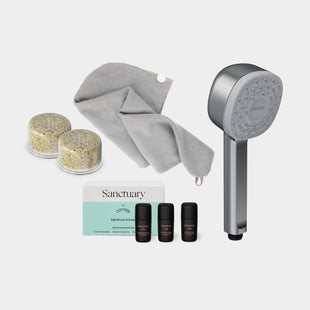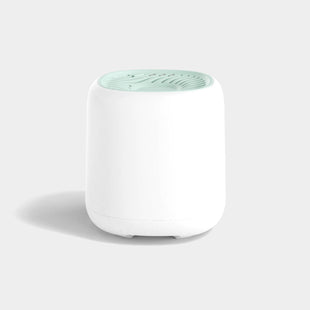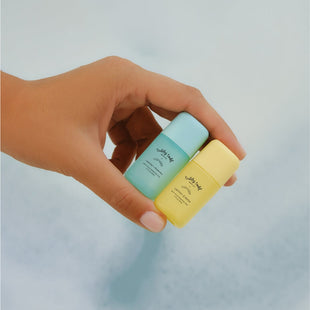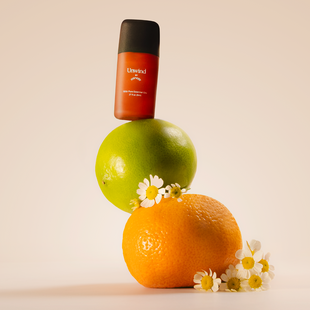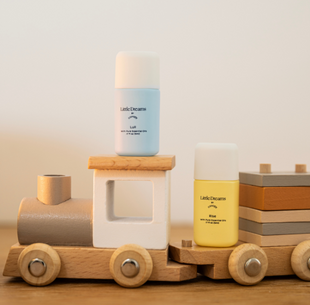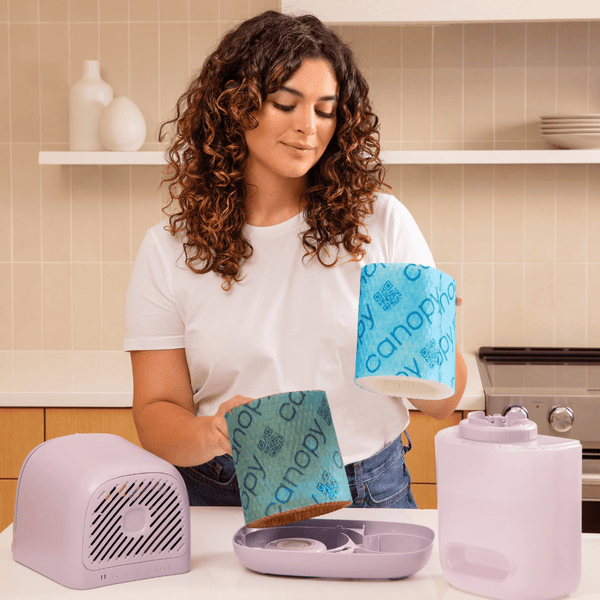You’ve just finished a long flight or an exhausting drive, and you’re ready to get some shut-eye—but as soon as you lie down, you feel wide awake. If you have a hard time sleeping when you travel, you are not alone. With your usual schedule, routine, and environment completely shaken up, it’s no wonder that you (and so many others) find yourself unable to drift off, no matter how deep your travel fatigue is.
Fortunately, there are steps you can take to help yourself fall asleep faster and easier. This guide explores why travelers often experience insomnia while traveling and provides tips to help you get a good night’s sleep.
Why Is It Harder to Sleep When You’re Traveling?
Even if you normally sleep great at home, hotels might be a different story. But why is that? Knowing the reason why you can’t sleep is the first step to finally getting quality rest. There are many causes of travel insomnia, and you might be affected by more than one.
Jet Lag
Jet lag is a sleep disorder that typically affects people traveling across multiple time zones. This happens because your body has an internal clock, called a circadian rhythm, that is accustomed to your home time zone. This temporary sleeping problem is well-known for causing serious fatigue, but did you know it can also cause insomnia? Combine that with impaired judgment and memory, irritability, headaches, digestive issues, and difficulties concentrating, and your trip is off to a rocky start.
Travel Fatigue
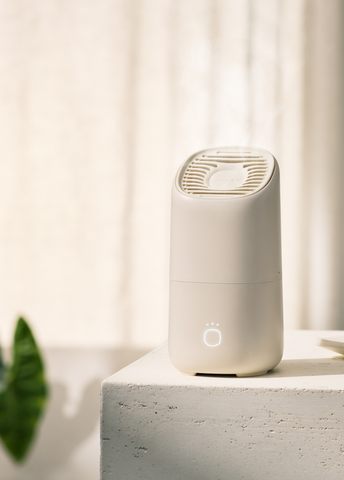
Travel fatigue is the result of the stress or anxiety associated with traveling. Flight delays, a fear of flying, car troubles, motion sickness, problems sticking to the itinerary, and sitting in the same position for extended periods can all lead to and worsen travel fatigue. Headaches, exhaustion, and insomnia are common symptoms.
New Environments
Simply being in a different setting can prevent proper sleep. Whether it’s an uncomfortable mattress, a too-hard or too-soft pillow, or unfamiliar smells and sounds, many things about a new place can cause your body and mind to be on high alert. Feeling more aware of unfamiliar surroundings can keep you up at night.
Helpful Tips for Sleeping Better in Hotels
If you’re wondering how to deal with jet lag, travel fatigue, and other problems that affect your sleep, the answer is to keep your travel routine as similar as possible to your home habits.
1. Get Comfortable
First, make yourself as comfortable as possible. Bring a cozy, breathable set of pajamas. Use techniques to help yourself wind down, such as taking a warm bath, practicing gentle yoga, or reading a book. Allow yourself to relax before trying to sleep.
2. Try to Stick to Your Routine
Maintaining your normal bedtime routine can be a challenge when you’re traveling, but try to follow as many familiar habits as you can. For example, if you usually wash your face and brush your teeth at a certain time before bed, keep up this routine on trips. This will tell your body and mind that it’s time to wind down for the night, even when you’re away from home.
3. Switch Off Screens Early
Blue light is a wavelength of light that your phone, TV, laptop, and other electronic devices emit. It can disrupt your sleep cycle, making it harder to fall asleep and stay asleep. While it’s tempting to scroll social media in bed, you should avoid screen time for 2–3 hours before going to sleep. If you must use your devices, most smartphones and computers have a night mode or blue light filter that reduces exposure.
4. Practice Healthy Habits
A healthy diet and regular exercise during the day can help you sleep better at night. Drink plenty of water throughout the day to stay hydrated. Avoid alcohol, caffeine, and heavy meals too close to bed, which can have a negative effect on sleep patterns.
5. Set the Thermostat
Rooms that are too hot and stuffy or too cold and dry can prevent you from sleeping through the night. Ideally, you should keep your hotel room’s thermostat somewhere between 60° and 67°F. Make sure your room’s air conditioner is working when you first check-in.
6. Recreate Your Home Environment
The main trick to sleeping like you do at home while traveling is to make yourself at home. If you normally sleep with a humidifier running, bring one with you. With an ultra-small footprint, wireless technology, and a reusable travel bag, the Canopy Portable Humidifier is perfect for an on-the-go lifestyle, providing clean hydration and healthy, moisturized skin wherever you travel. This dermatologist-recommended humidifier is designed for easy cleaning, extended use, portability, and mold-inhibited use. Plus, it’s TSA-approved and travel-friendly.
With built-in evaporative aroma diffusion, you can also get a clean scenting experience. Bringing your favorite Canopy aroma kits with you can help replicate the feeling of falling asleep in your own bed. Whether you prefer relaxing lavender or calming bergamot, aromatherapy can help create the safe, home-like environment you need to sleep easier.








